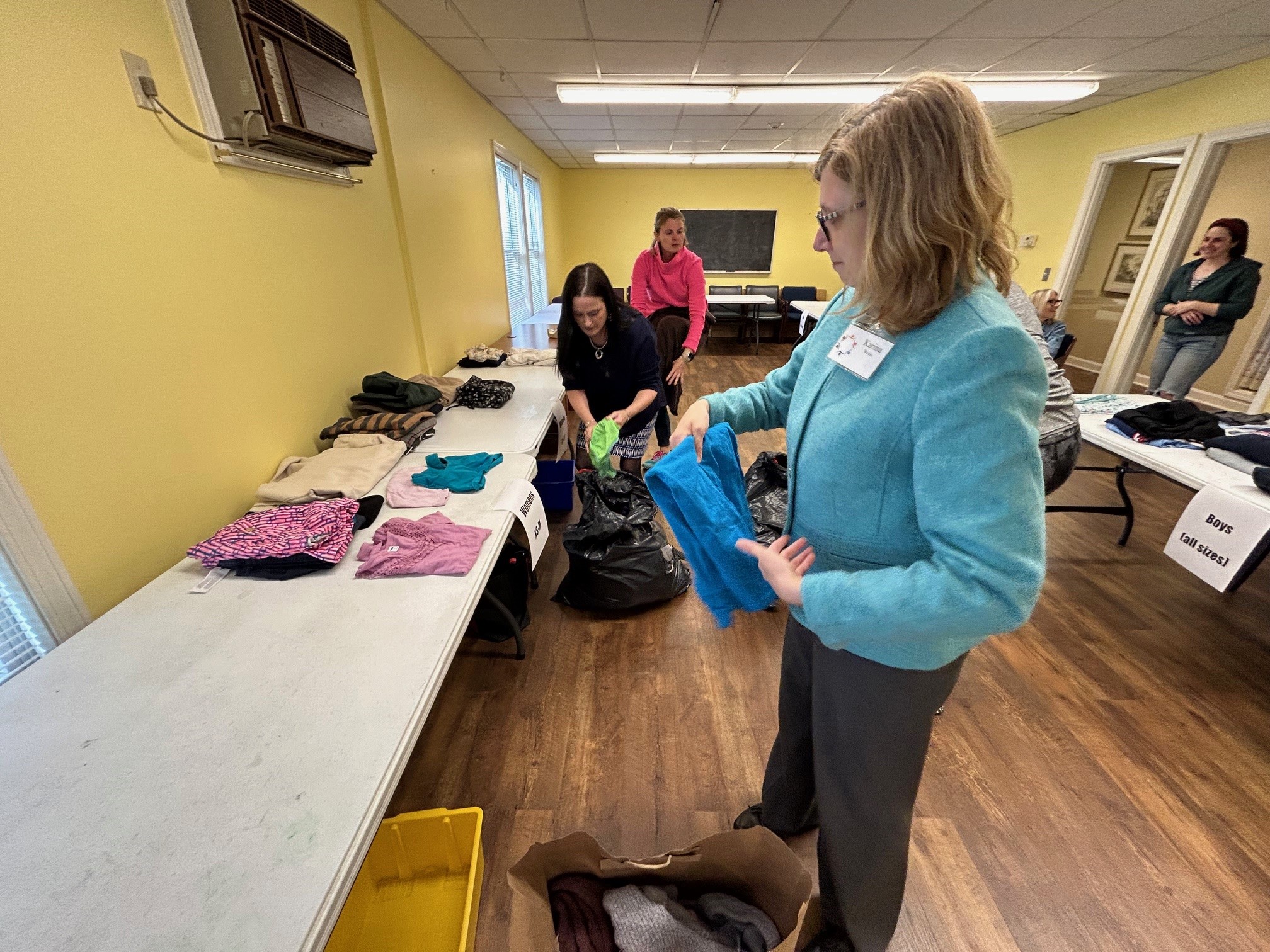Coventry Lake is closed until further notice because of the rapid spread of blue algae, which can be dangerous for both people and animals.
The town manager's office said a health advisory has been issued, cautioning against water activities such as swimming and boating. The news comes as the state faces its first heat wave of the year.
"This is a first for Coventry Lake. We have been watching the increase in this algae since late last summer. Typically, it dies back during cold weather, but last December, the lake was unusually warm, which allowed continued growth," the town manager said.
In the Eastern Highlands Health District advisory, officials said recent test results have confirmed the presence of algae, which could cause the following symptoms:
Get Connecticut local news, weather forecasts and entertainment stories to your inbox. Sign up for NBC Connecticut newsletters.
- Irritations of the skin, eyes or ears
- GI problems like vomiting and diarrhea
- Muscle cramps
- In extreme cases, nerve or liver problems
The algae, also known as Cyanobacteria, forms naturally in lakes and ponds in Connecticut. In ordinary cases, the algae causes no harm, however, warmer water temperatures and high nutrient concentrations may cause the rapid spread, called a "bloom."
This can be dangerous through skin contact with algae-tainted water. Other harmful activates include swallowing the water and inhaling airborne droplets.
Local
Officials said pets are especially prone to the health effects not only through skin contact, but also by ingesting significant amounts of the toxin by licking their wet fur. It can be fatal to pets, the town manager warned.
Along with swimming and boating, drinking or allowing animals to drink the water are considered to be high-risk activities. Eating fish from the lake is considered a moderate-risk activity.
Officials said this is the first time this lake has had this happen. The town manager said the testing protocol is two weeks below threshold and it usually takes about a week to get test results back.
If you or your pet accidentally come in contact with the water, you're advised to thoroughly rinse off with clean water.
If you're experiencing symptoms, you can call your health care provider or poison control at 800-222-1222.



